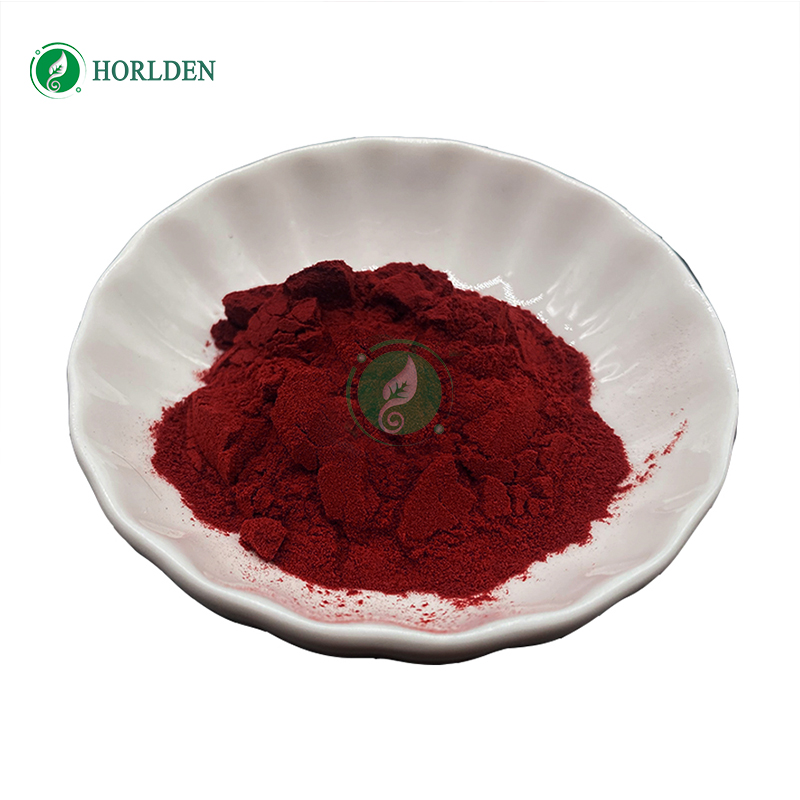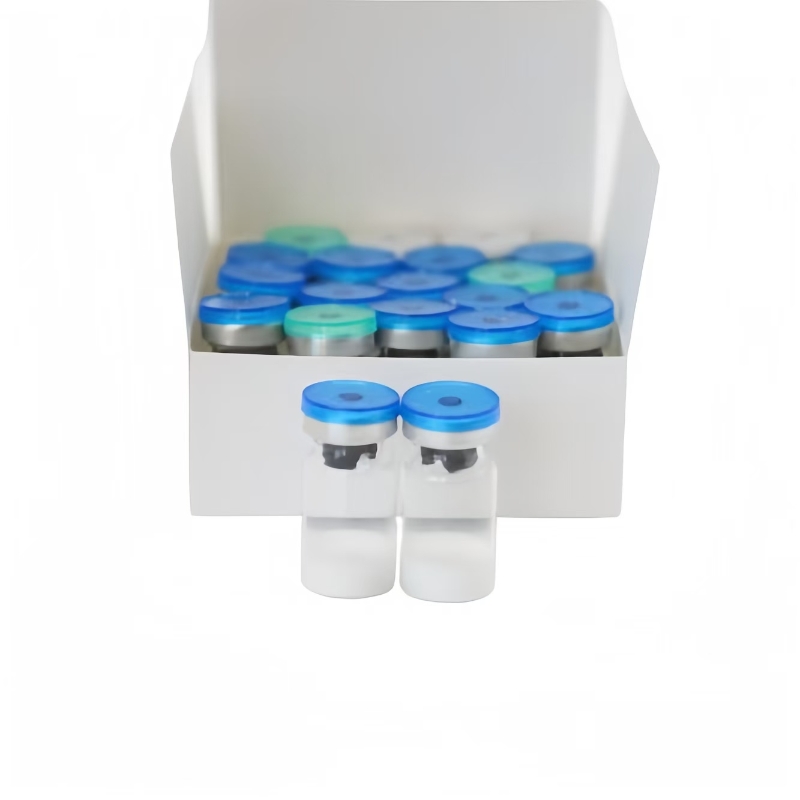-
Categories
-
Pharmaceutical Intermediates
-
Active Pharmaceutical Ingredients
-
Food Additives
- Industrial Coatings
- Agrochemicals
- Dyes and Pigments
- Surfactant
- Flavors and Fragrances
- Chemical Reagents
- Catalyst and Auxiliary
- Natural Products
- Inorganic Chemistry
-
Organic Chemistry
-
Biochemical Engineering
- Analytical Chemistry
-
Cosmetic Ingredient
- Water Treatment Chemical
-
Pharmaceutical Intermediates
Promotion
ECHEMI Mall
Wholesale
Weekly Price
Exhibition
News
-
Trade Service
Last month, an international team of researchers published the results of a whole-genome sequencing that compared thousands of severely ill COVID-19 patients with controls, finding and repeating 23 independent variants that make individuals more likely to develop severe disease.
The consortium data comes from GenOMICC, 23andMe, and the COVID-19 Human Genetics Program, while additional validation data comes from UK Biobank, AncestryDNA, Penn Medicine Biobank and Geisinger Health Systems
Athanasios Kousathanas, chief genomics data scientist at Genomics England, the first author of the paper, said: "Genomics England has done whole-genome sequencing and genome-wide association studies, and we are trying to get through another project a few years ago (the 100,000 Genomes Project), Correlate specific variants in the genome with disease severity
The study revealed 23 genomic variants that make individuals more susceptible to severe illness from COVID-19
Since September, Kousathanas said they have shared the results with pharmaceutical companies to advance clinical trial efforts for related drugs
For the Genomics England team, this is the second paper they have published using the COVID-19 dataset
In total, the paper represents the whole genome sequences of more than 55,000 people: 7,491 critically ill patients from 224 intensive care units within the UK health system; 48,400 controls, including 100,000 Genomes Project participants and COVID-19 patients -19 mild patients
Such large datasets, both in terms of scale and urgency, present new challenges for researchers
Kousathanas said: “We want to do this analysis as soon as possible and get results quickly to make a difference in the pandemic, so we have to accelerate the progress, what we did in the past year, we did it in a month
Experience with large-scale analysis
Carpenter believes that while the analytics team works around the clock to get it done, these also bring lessons for how to speed up such projects in the future
"At the moment, some of our transitions are from on-premises HPC clusters with fixed memory and processors (you can of course buy more, but that's ultimately limited) to a scalable cloud computing platform
“When we want to run large-scale analytics for a short period of time, we can use thousands of CPUs and then stop, rather than paying for them indefinitely
Sequencing and processing itself pose some challenges
"The way we do it is to use both pipelines at the same time to process samples from certain individuals, so that we basically find the genomic locations where batch effects occur," he said
Kousathanas said Illumina also worked directly with Genomics England to fix some issues and even change the software source code to make data processing more scalable
The future of whole genome sequencing
Kousathanas and Carpenter believe this study is an important example of how whole-genome sequencing can be used not only for research, but also for healthcare decision-making
"There is an idea that genetic research takes a long time to find the pathogenic mechanism
.
It takes time to use this knowledge, and it is also difficult to use this knowledge to build treatments
.
As to the utility of this particular approach and the cost of doing so, Many still have doubts," Kousathanas admitted
.
"I hope this study will demonstrate the value of this type of analysis
.
"
Carpenter agrees with him
.
“For me, one of the most important things about this result is the proof of value
.
Genomics England has not only conducted large-scale internal research on existing datasets, but has also published a series of important results that I believe will Change treatment
.
"
references
1.
Kousathanas, A.
, Pairo-Castineira, E.
, Rawlik, K.
et al.
Whole genome sequencing reveals host factors underlying critical Covid-19.
Nature (2022).
https://doi.
org/10.
1038/s41586- 022-04576-6
2.
Pairo-Castineira, E.
, Clohisey, S.
, Klaric, L.
et al.
Genetic mechanisms of critical illness in COVID-19.
Nature 591, 92–98 (2021).
https:// doi.
org/10.
1038/s41586-020-03065-y







